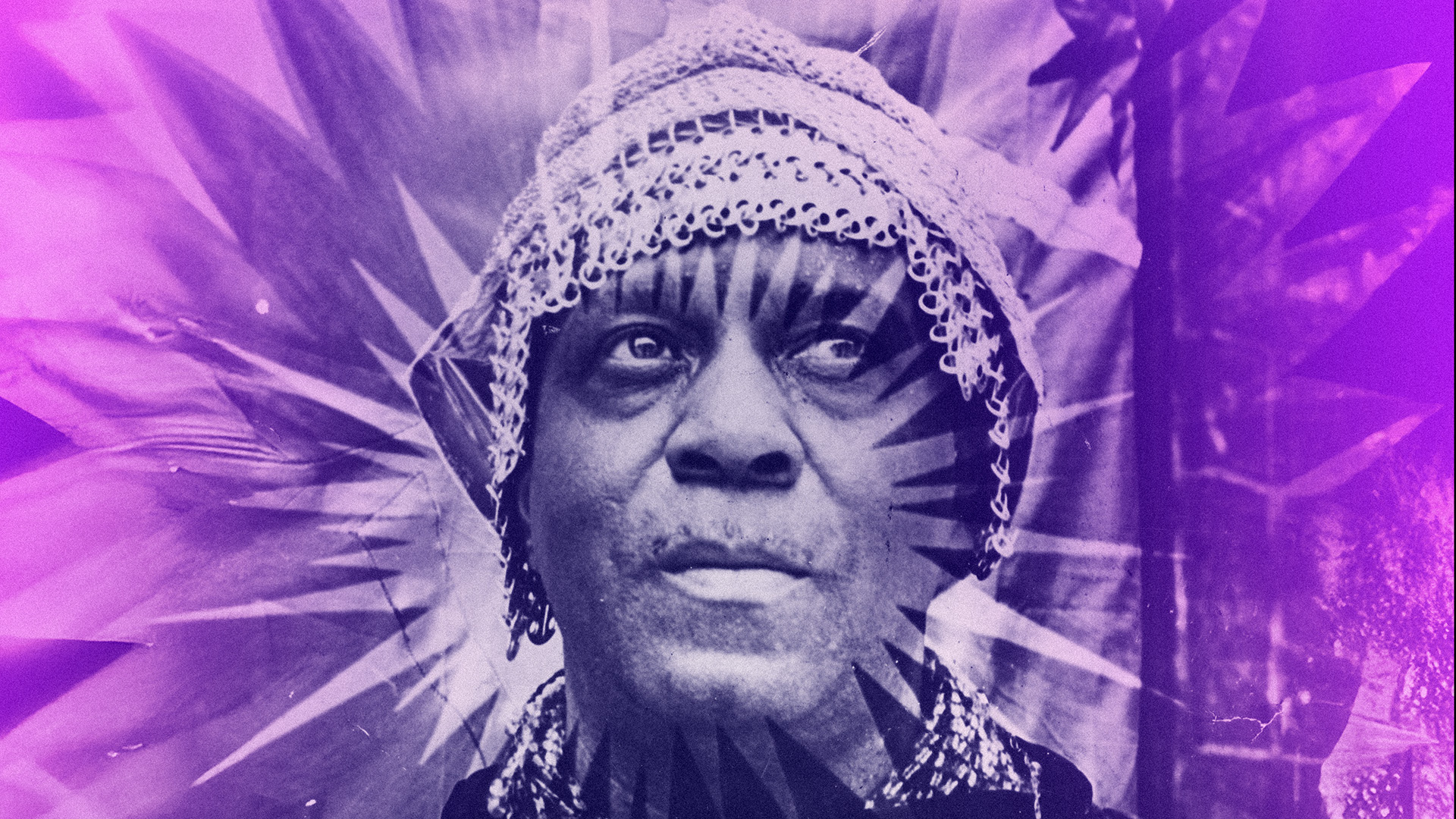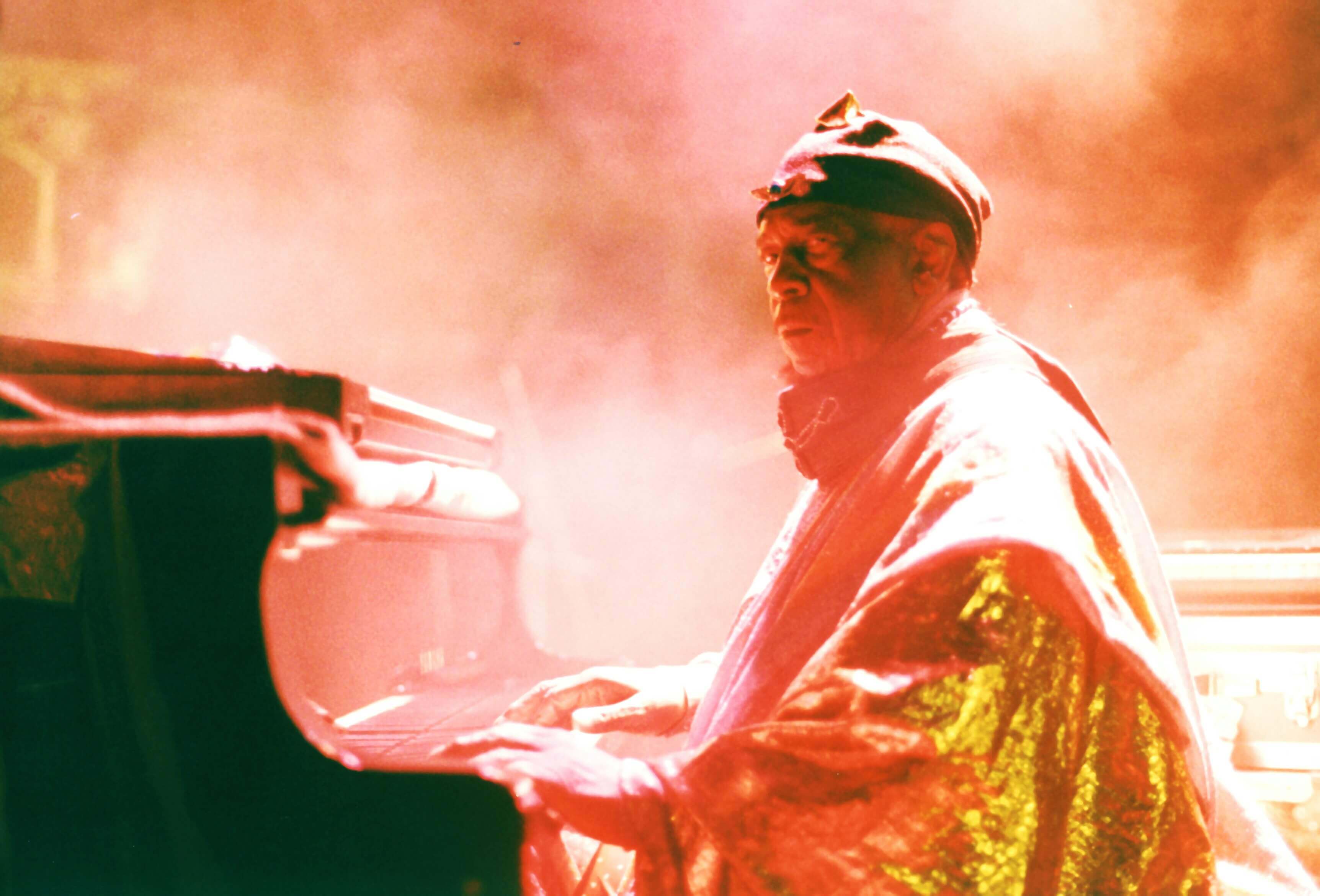
On September 9, 1971, over 1,200 inmates at the Attica correctional facility in upstate New York seized control of the maximum-security prison, took over three dozen hostages, and demanded humane treatment and better conditions. Negotiations stalled, and law enforcement was ordered by New York Governor Nelson Rockefeller to retake Attica, resulting in a massacre that left 29 inmates and 10 hostages dead. On its 50th anniversary, the new documentary “Attica,” directed by Stanley Nelson with co-director Traci A. Curry, examines one of the most shocking incidents in the nation’s history, one that echoes in the present day in a country with a mass incarceration problem that continues to disproportionately affect Black and brown people.
“Attica is a story that’s evergreen,” Nelson said in a recent interview with IndieWire. “We could have made the film at any time and the conversations would be the same, on mass incaceration, racial implications, and the need for reform. But it was good to look back at it 50 years later, and with new knowledge never released before. I think the fact that it’s the 50th anniversary just makes it that much more rich and important. But I hope it’s a wake-up call about prison injustices.”
Despite making up close to five percent of the global population, the U.S. has nearly 25 percent of the world’s prison population. President Ronald Reagan’s war on drugs in the 1980s and the Clinton/Biden crime bill in the 1990s were instrumental. In 1970, there were 48,500 people in federal and state prisons. Today, that figure has increased exponentially.
“There’s over two million people in prison in the United States, and that’s never happened in the history of the world,” Nelson said. “‘Attica’ is a film I’ve been itching to make for a long time. The uprising and its aftermath shaped the present in ways I think will be surprising to audiences. What I hope the film does is make people think about the prison system and the prisoners as human beings. We don’t think about them at all. And harshly, that’s what the prison system is there to do.”

